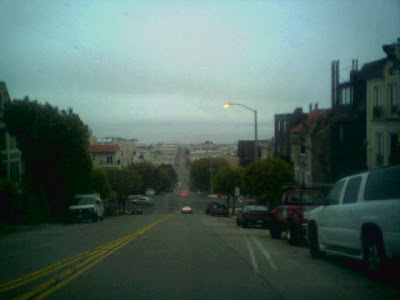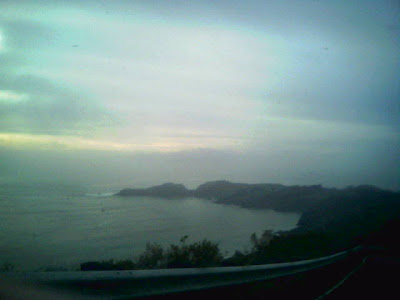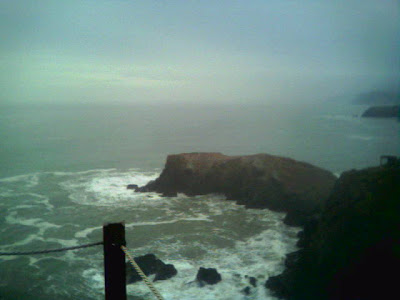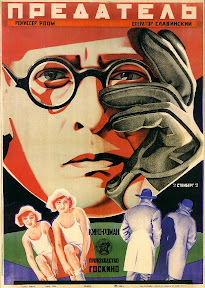All this talk of limitlessness reminds me, of course, of Virilio and Baudrillard, and the way in which technology distances us from the problems that face us (and which are in part created by technology itself). What remains in the American mindset, says Berry, is a complicated notion of unity and freedom juxtaposed with a particular individuality inspired by late capitalism.
If we go back into our tradition, we are going to find a concern with religion, which at a minimum shatters the selfish context of the individual life, and thus forces a consideration of what human being are and ought to be.
This concern persists at least as late as our Declaration of Independence, which holds as "self-evident, that all men are created equal; that they are endowed by their Creator with certain unalienable rights..." Thus among our political roots we have still our old preoccupation with our definition as humans, which in the Declaration is wisely assigned to our Creator; our rights and the rights of all humans are not granted by any human government but are innate, belonging to us by birth. This insistence comes not from the fear of death or even extinction but from the ancient fear that in order to survive we might become inhuman or monstrous.
This last line is powerful. Considering the distancing-effect of technology, the isolation of individuals in space against one another, the drive for survival constantly ignores the notion of becoming inhuman or monstrous because we are not fully aware of the consequences of our actions (or consumptions). Our national resources, depleted, are now imported through sketchy treaties and alliances with governments known to have heinous human rights records. Not only is our consumption monstrous, we are exponentially compounding monstrosity by the consequences of our consumption abroad -- not to mention destroying the world's ecosystem and encouraging global warming at an alarming rate. Berry's basic assertion is that we need to change the way we live in the world, and I agree. We cannot merely change the products we consume, we must change the way we understand consumption and our impact on the larger world. While this idea is almost cliched at this point, it needs to be driven home: through our ignorance of limitlessness, we are making the world ever more monstrous.




